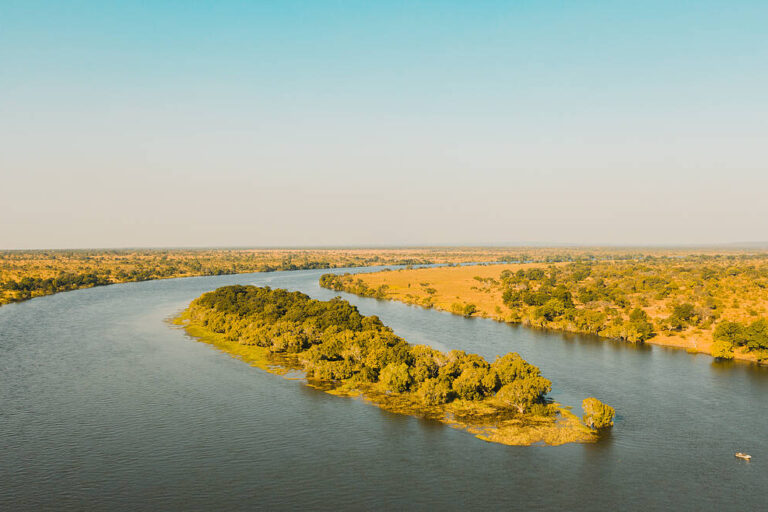As Africa’s environment ministers meet this week in Nairobi, Kenya, for the 20th African Ministerial Conference on the Environment (AMCEN), the Global Environment Facility (GEF)is touting its decades of support to the continent: more than $7.7 billion in grants across more than 2,000 projects, supplemented by billions in co-financing. Yet despite this scale of investment, the biodiversity curve remains on a downward trajectory. Wetlands are disappearing, forests continue to shrink and wildlife populations are in decline. So, is the GEF still fit for purpose? “Absolutely,” says Fred Boltz, GEF head of programming. “Based on independent evaluations, the GEF has been found to be the most effective multilateral environmental fund.” In an exclusive interview with Mongabay, Boltz defended the GEF’s model, arguing that it is shifting toward integrated approaches that take into account both conservation needs and the human systems driving environmental degradation — such as agriculture, supply chains and urban expansion. But tensions persist. The GEF’s own recent performance review acknowledges gaps. While gender considerations have been better integrated, broader inclusion remains patchy. “The GEF – Civil Society Organization (CSO) Network remains underutilized, and past recommendations for reform have not been fully acted on or implemented,” the evaluation notes. Boltz emphasizes that “by GEF policy, all projects must rigorously engage Indigenous peoples, women and youth,” but concedes that sustainable impact also hinges on breaking cycles of poverty and enabling access to finance, technology and livelihoods. Civil society groups, including Greenpeace, are using the AMCEN platform to call for more direct…This article was originally published on Mongabay
Search
Recent Research
Want your Blog Article featured on our website?
Research
Featured News
Explaining Katsina’s Massive Leap to 2nd Position in the 2025 Climate Governance Ranking
In 2024, during the first edition of the Subnational Climate Governance Performance Rating and Ranking,
COP30: Firm to connect institutions with international climate finance opportunities
SISTME, a climate change and biodiversity conservation consulting firm based in Argentina, has offered to
From resistance to planetary governance, Indigenous women redefine global climate action
While world leaders negotiate behind closed doors in the Blue Zone of COP30, Indigenous Women
Sahara Group Foundation launches 16th Sahara Go Recycling Hub to boost environmental sustainability, economic empowerment
Sahara Group Foundation, the corporate social impact arm of Sahara Group, has commissioned its 16th
Climate finance is the lifeblood of climate action – Simon Stiell at COP30
Remarks delivered by UN Climate Change Executive Secretary, Simon Stiell, at the third High-Level Ministerial
UNDP, REA, GEF commission Plateau solar mini-grid to power agricultural value chains, empower rural communities
The United Nations Development Programme (UNDP), in partnership with the Rural Electrification Agency (REA) and
COP30: Africa urges world leaders to turn pledges into action
Africa has called on the world leaders to turn their pledges into action regarding the
Thousands join global marches calling on govts at COP30 to deliver climate justice
An estimated 30,000 people marched through the Brazilian city of Belém on Saturday, November 15,


